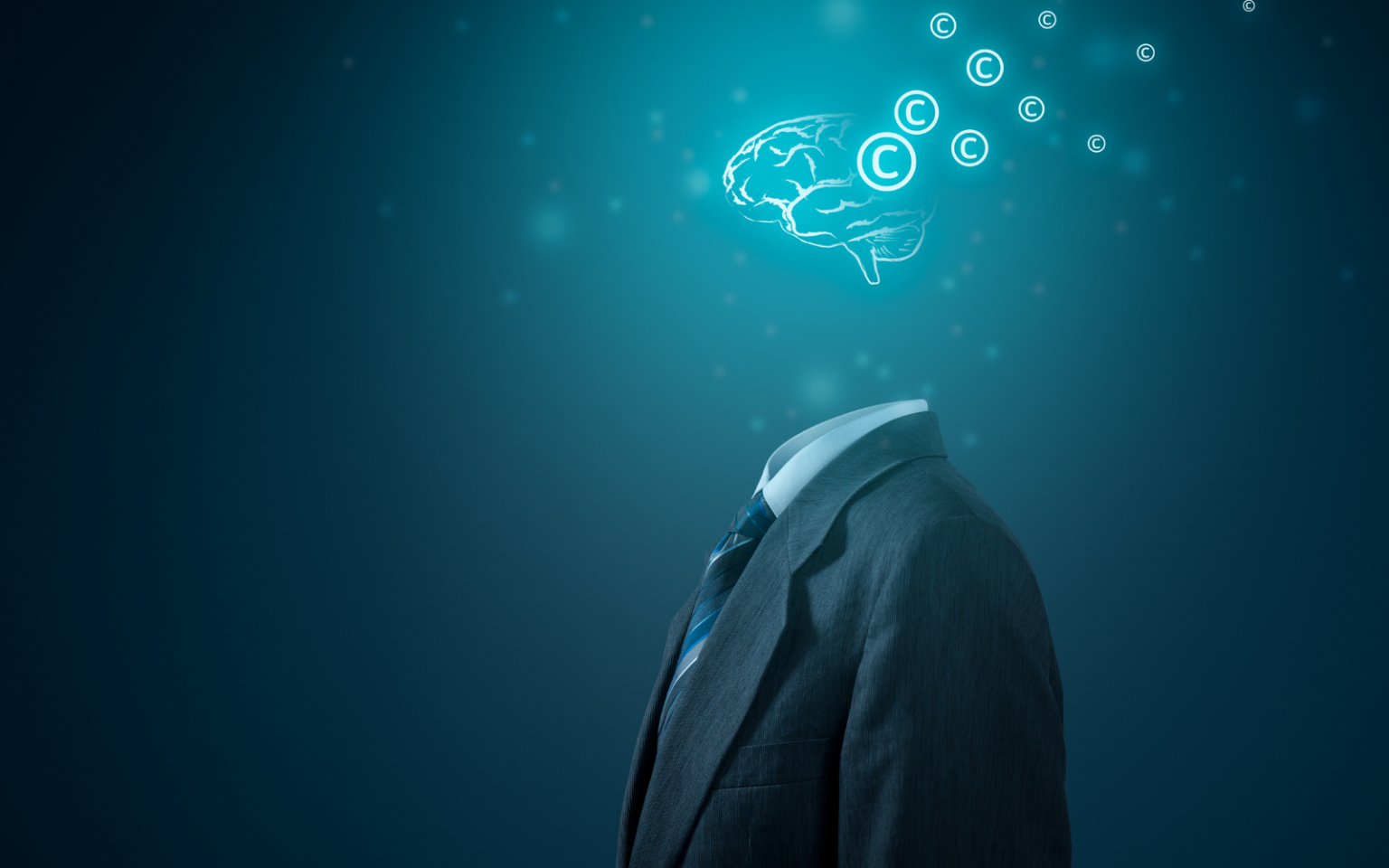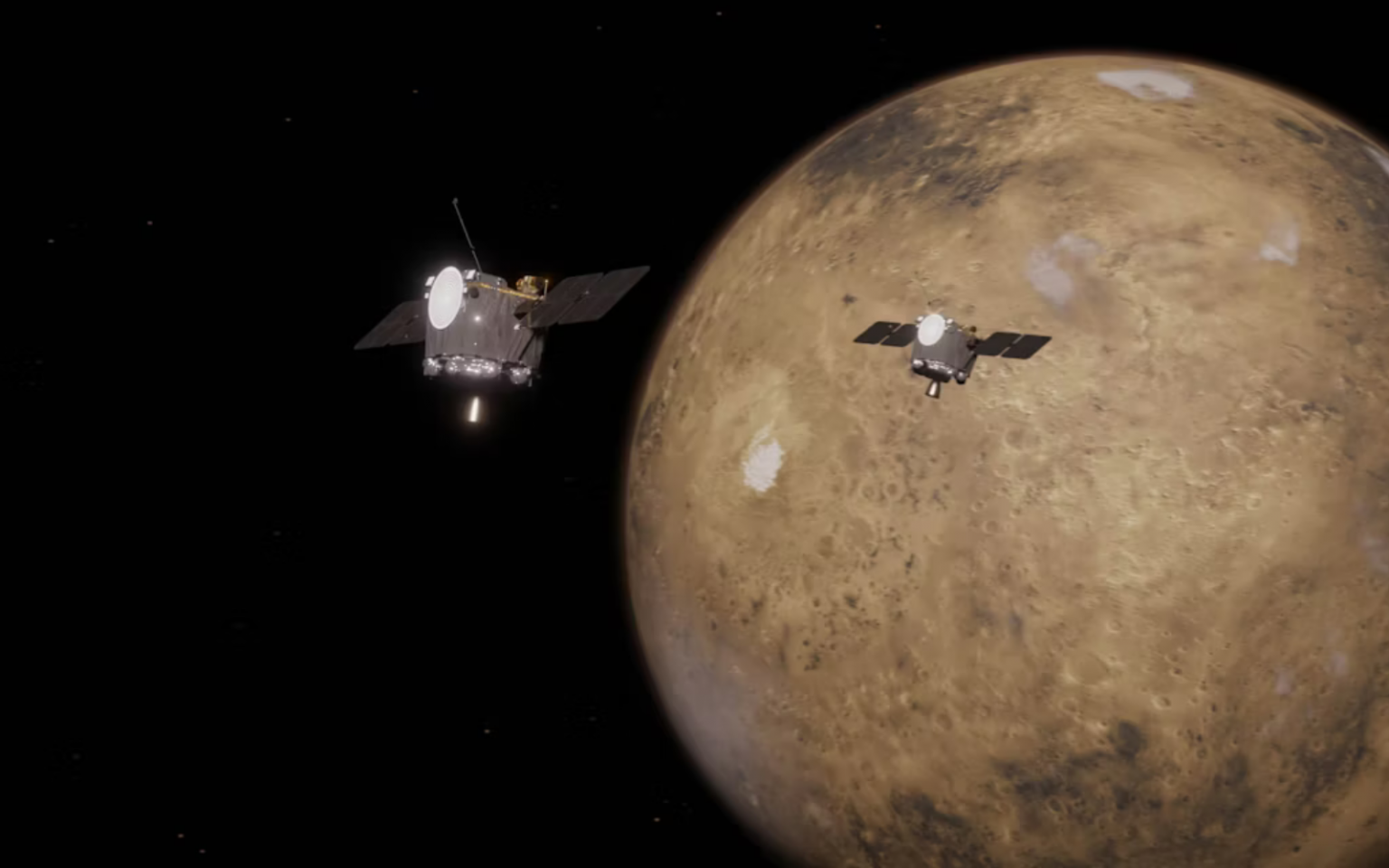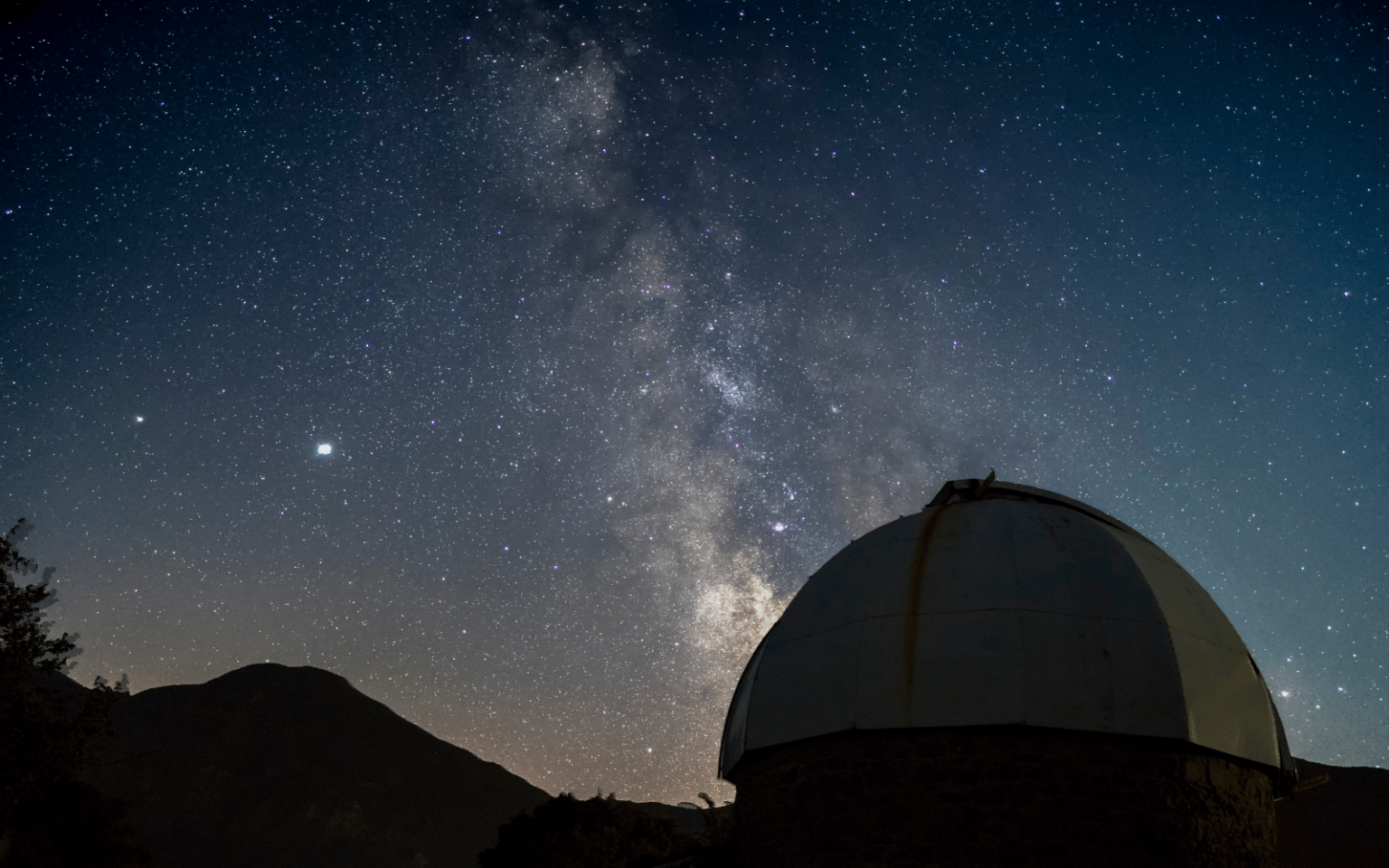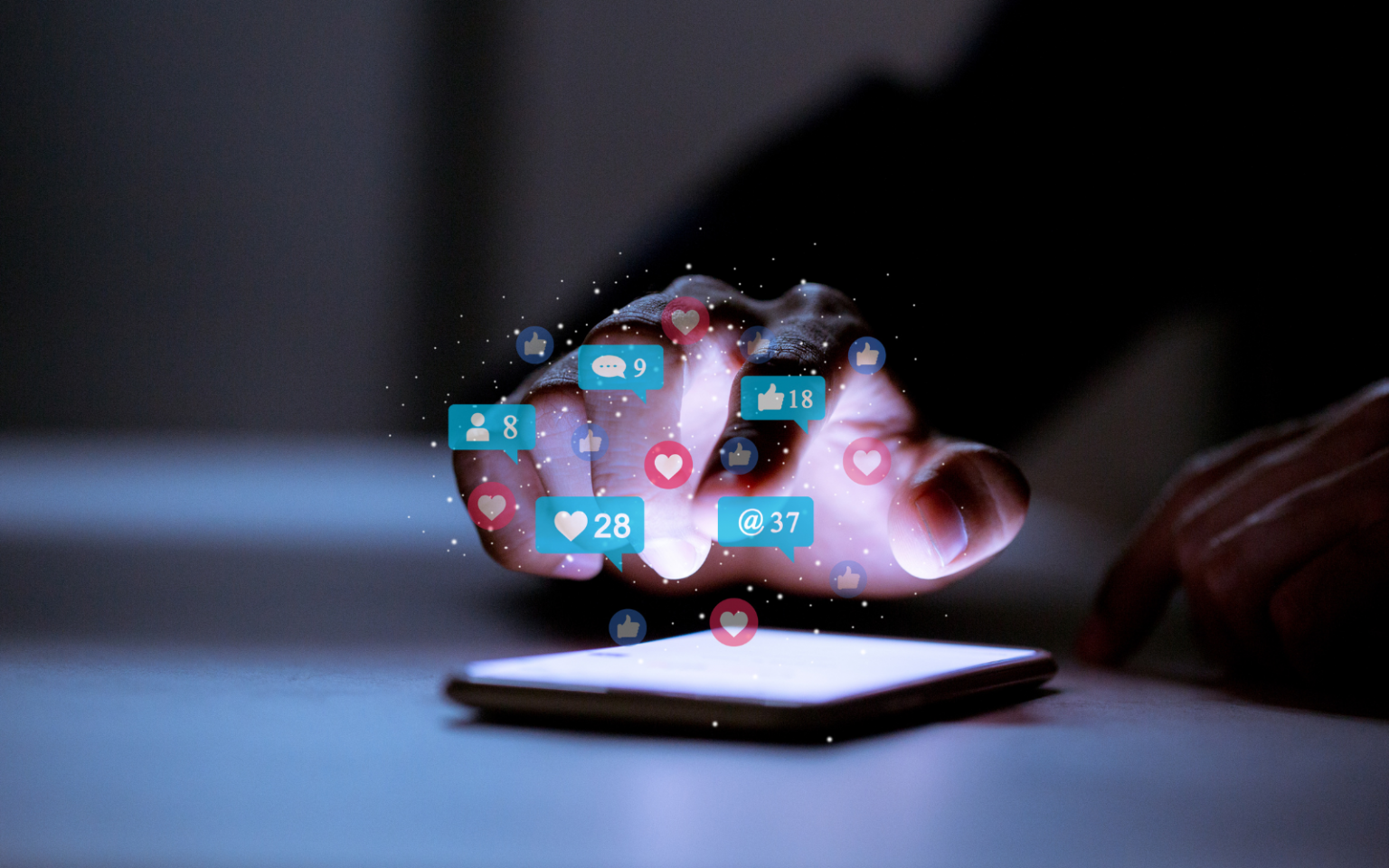For us linguists, the flurry of “word of the year” announcements from dictionaries and publishers is a holiday tradition as anticipated as mince pies. The words of the year aren’t just a fun peek into new slang and language changes, they also tell us quite a bit about the worries, trends and obsessions of the English-speaking world. And this year’s list has one clear theme. In 2025, artificial intelligence (AI) played a huge role in our offices, social media feeds, music and film, and now – dictionaries. One of the first announcements this year was Collins Dictionary, who selected “vibe coding” as their word…
Author: The Conversation
The vision of mining space for resources is no longer science fiction. The Moon’s proximity to Earth and the presence of precious resources make it an increasingly attractive prospect for exploitation. Resources thought to be present on the Moon include uranium, potassium, phosphorus, water ice, platinum group metals and helium-3. The last of these is a rare isotope that could help power relatively clean fusion energy in future. There are billions of dollars in it for companies able to kickstart mining operations, even if such returns are still years away. Technological breakthroughs in launch and exploration capabilities are occurring at breakneck pace. In…
Imagine this: a band removes its entire music catalogue from Spotify in protest, only to discover an AI-generated impersonator has replaced it. The impersonator offers songs that sound much like the band’s originals. The imposter tops Spotify search results for the band’s music – attracting significant streams – and goes undetected for months. As incredible as it sounds, this is what has happened to Australian prog-rock band King Gizzard & the Lizard Wizard. In July, the band publicly withdrew its music from Spotify in protest at chief executive Daniel Ek’s investments in an AI weapons company. Within months, outraged fans drew attention to a new…
When NASA scientists opened the sample return canister from the OSIRIS-REx asteroid sample mission in late 2023, they found something astonishing. Dust and rock collected from the asteroid Bennu contained many of life’s building blocks, including all five nucleobases used in DNA and RNA, 14 of the 20 amino acids found in proteins, and a rich collection of other organic molecules. These are built primarily from carbon and hydrogen, and they often form the backbone of life’s chemistry. For decades, scientists have predicted that early asteroids may have delivered the ingredients of life to Earth, and these findings seemed like promising evidence.…
After a yearslong series of setbacks, NASA’s Escape and Plasma Acceleration and Dynamics Explorers, or ESCAPADE, mission has finally begun its roundabout journey to Mars. Launched on Nov. 13, 2025, aboard Blue Origin’s New Glenn rocket, ESCAPADE’s twin probes will map the planet’s magnetic field and study how the solar wind – the stream of charged particles released from the Sun – has stripped away the Martian atmosphere over billions of years. When I was a doctoral student, I helped develop the VISIONS camera systems onboard each of ESCAPADE’s spacecraft, so I was especially excited to see the successful launch. But this low-cost mission is still…
In the past decade, AI’s success has led to uncurbed enthusiasm and bold claims – even though users frequently experience errors that AI makes. An AI-powered digital assistant can misunderstand someone’s speech in embarrassing ways, a chatbot could hallucinate facts, or, as I experienced, an AI-based navigation tool might even guide drivers through a corn field – all without registering the errors. People tolerate these mistakes because the technology makes certain tasks more efficient. Increasingly, however, proponents are advocating the use of AI – sometimes with limited human supervision – in fields where mistakes have high cost, such as health care. For example, a bill…
Astro-tourism is a niche form of tourism where visitors explore the night sky through stargazing events, guided tours, educational presentations and digital astronomy experiences. Unlike mass tourism, astro-tourism focuses on learning rather than just sightseeing. Astro-tourism could also offer a lifeline to places that don’t have major natural resource attractions that draw tourists. One place that could benefit from astro-tourism is Bloemfontein, situated in the heart of South Africa’s Free State province. It’s never been considered one of South Africa’s popular tourist destinations. That’s because the city lacks a major attraction like the Kruger National Park or Cape Town’s Table Mountain. But Bloemfontein…
Generative artificial intelligence (AI) has become widely accepted as a tool that increases productivity. Yet the technology is far from mature. Large language models advance rapidly from one generation to the next, and experts can only speculate how AI will affect the workforce and people’s daily lives. As a materials scientist, I am interested in how materials and the technologies that derive from them affect society. AI is one example of a technology driving global change – particularly through its demand for materials and rare minerals. But before AI evolved to its current level, two other technologies exemplified the process created by the demand…
From automatically generated overviews to chatbots in spreadsheets, so-called artificial intelligence (AI) is increasingly being integrated into our watches, phones, home assistants and other smart devices. AI-in-everything is becoming so ordinary and everyday that it is easy to overlook. But this normalisation is having a dangerous effect on the environment, the planet and our response to climate change. AI’s direct environmental costs are undeniable. Data centres consume large amounts of electricity and water and AI queries use up much more energy than a conventional internet search. The same companies that develop and promote consumer AI – including Microsoft, Google and Amazon – also use…
The digital revolution has become a vast, unplanned experiment – and children are its most exposed participants. As ADHD diagnoses rise around the world, a key question has emerged: could the growing use of digital devices be playing a role? To explore this, we studied more than 8,000 children, from when they were around ten until they were 14 years of age. We asked them about their digital habits and grouped them into three categories: gaming, TV/video (YouTube, say) and social media. The latter included apps such as TikTok, Instagram, Snapchat, X, Messenger and Facebook. We then analysed whether usage was associated…










